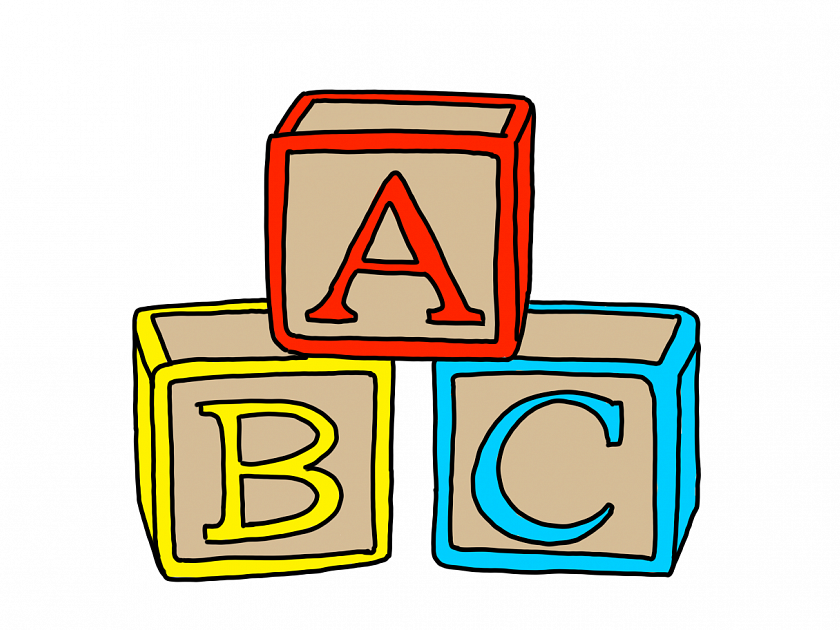
- by Siobhan Maclean
- 06th Apr 2021
The building Blocks of contemporary listening?
Following some recent conversations on twitter, I have spent some time reflecting and trying to improve my understanding and use of ‘netiquette’. I find twitter a really interesting professional space and I have made some useful connections (indeed the social work student connect team only came about following a tweet) but I wanted to ensure that I was using twitter appropriately and kindly.
One of the most fundamental skills in social work is listening. I remember some lightbulb learning moments on my social work training (33 years ago) about listening skills. However, much has changed since then in terms of how we deliver social work services. The last twelve months or so have shown us how we need to be able to communicate effectively in online worlds. So, how do we demonstrate listening in the social media world?
The Government recommended guidance for politicians on the use of Twitter suggests that you should “talk less than you listen” (Parliament UK online) and since I have always found this advice helpful in life then I have extended it into my use of social media. In terms of my own twitter profile, I take a quick look at the profile of anyone who follows me and if it says social worker or someone with a lived experience then I follow them too. I tend to use twitter more to read what people are posting and I have found a range of really useful information in this way (some of which has had a profound impact on me). Equally ‘listening’ to others on twitter has prompted reflection, learning and change in me.
I have noticed that many of the people I would consider to be social work leaders have very many followers whilst they follow very few people. To me this says something about who they are listening to in the contemporary world. Of course, that is their choice, but I feel strongly that anyone who is paid to be a leader in social work should not block a social worker or someone who is interested in social work for any reason, but especially where their challenging is respectful and polite. As a leader by all means choose who you listen to, but you cannot choose who is able to listen to you, surely? You are paid to lead. People need the opportunity to hear you.
Over the weekend I was informed that Chief Social Workers have experienced what was called ‘rubbish’ directed at them. Perhaps this is why they have chosen to block some people? Over recent weeks I have noted a number of people in varied leadership roles in social work blocking others perhaps following a disagreement. The Government Digital Service advises that “We will block and/or report Twitter users who direct tweets at us which we believe are:
• Abusive or obscene
• Graphic, sensitive or offensive imagery
• Deceptive or misleading
• In violation of any intellectual property rights
• In violation of any law or regulation
• Spam (persistent negative and/or abusive tweeting in which the aim is to provoke a response)”
I would not consider any of what I have seen on twitter as abusive or obscene. I have seen anger and distress (much of it related to the Care Review). I have also seen many repeated questions which the Government Digital Service could decide to categorise as ‘spam’ (“persistent …tweeting in which the aim is to provoke a response”) even the language used here is of concern ‘provoke a response’? Surely this might be replaced with – in an attempt to be heard?
In America apparently the view is different. Since a Judge ruled in May 2018 that President Trump could not block people from following him on twitter the advice is that “technology allows insulted public officials the ability to mute or unfollow harassers, protecting them from seeing hostile messages but letting those individuals see the statements they put out.” (Greenblatt 2018).
The Knowledge and Skills Statement for Children and Families practitioners (2018) requires social workers to “Act respectfully even when people are angry, hostile and resistant to change. Manage tensions between parents, carers and family members, in ways that show persistence, determination and professional confidence”. To me, the most respectful thing that we can do is listen to people, although we may need to draw on persistence, determination and professional confidence in order to do so. Listening may need to be reimagined for the digital world, but I suppose the question is whether blocking someone on twitter is a respectful act.
My final reflection on my recent twitter conversations is that I listen because it is the right thing to do. I listen because it is kind. I listen because I am a social worker. I am trying to learn to listen in the modern world.
Government Digital Service (2020) Social media house rules - Government Digital Service (blog.gov.uk)
Greenblatt, A. (2018) Sorry Politicians, You Can’t Block Critics on Twitter (governing.com)
Speaker’s Digital Democracy Commission: Recommended guidance for the use of Twitter by politicians - Members of Parliament and the House of Lords Digi096CIPR.pdf (parliament.uk)
York, J. (2019) Should we rethink the politics of ‘blocking’? | TechCrunch
